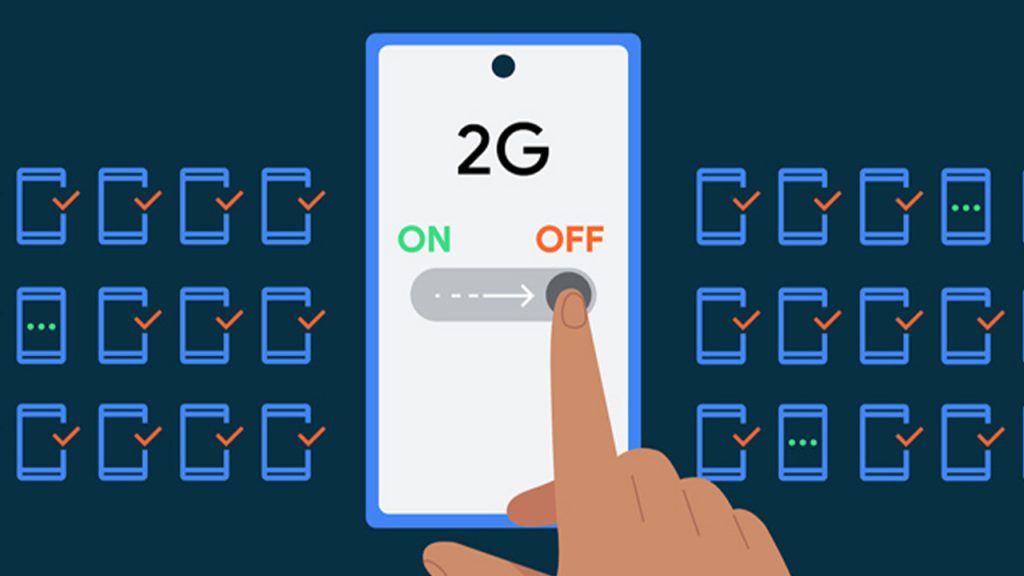Google is continuing to work on Android 14. The operating system, which is expected to come with many new features in terms of design and features. The highly anticipated operating system, recently attracted attention with the release of Beta 4. Now, Google has identified and addressed vulnerabilities posed by cellular networks, further bolstering the security measures in Android 14. Here are the details…
Android 14 to make it harder for hackers to attack your phone through cellular networks
As cyber threats continue to evolve and intensify, so does the imperative to guard against them. In the ever-expanding realm of mobile technology, Google has recognized and addressed vulnerabilities posed by cellular networks, further bolstering the security measures in Android 14.

One of the major security features introduced by Google with Android 14 is the ability to disable 2G support. Even though this “basic” connection technology is not actively used today, it’s still present in our smartphones. The main issue is that 2G is a less secure network and can be easily attacked. Users can increase their security by simply turning off 2G after the Android 14 update.
Another important feature is the ability to disable null-ciphered cellular connectivity. Null-ciphered connectivity is unencrypted, which means that it is not secure. This feature can be used to protect voice and SMS traffic from being intercepted. Android’s new security model is designed to keep users safe, even if the network they are connected to is hostile.
It does this by encrypting all network traffic, from the device to the server. This means that even if someone tries to intercept or tamper with the traffic, it will be unreadable.
Android
RELATED:
- Best Smartwatches with Long Battery Life in 2023 – Garmin, Polar,…
- Nothing Phone (1) starts receiving Android 14 Beta 3 update
- These Samsung devices will not get Android 14-based One UI 6.0 update
- Android 14 Will Get SMS Via Satellite Feature, Pixel And Samsung Galaxy Phones Will…
- Android 14 Beta 4 Unveils Space-Themed Easter Egg






